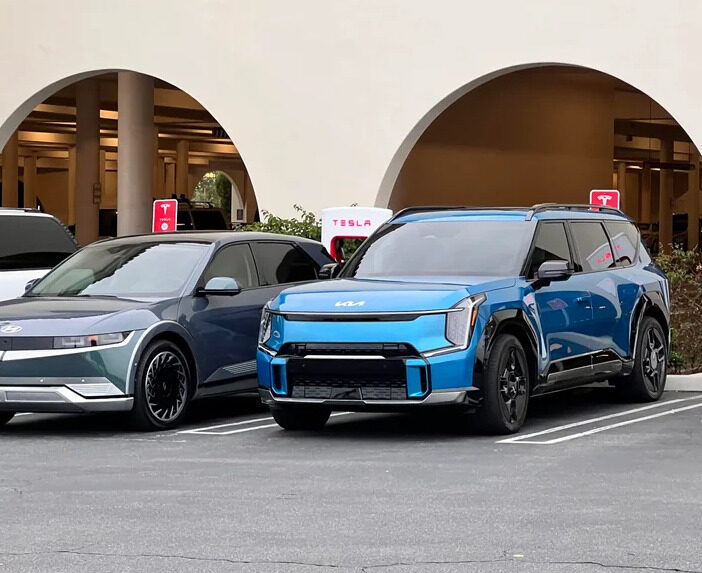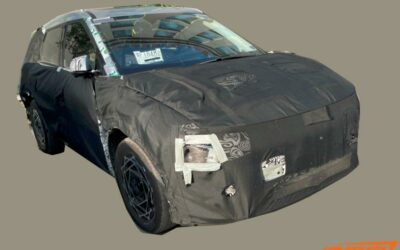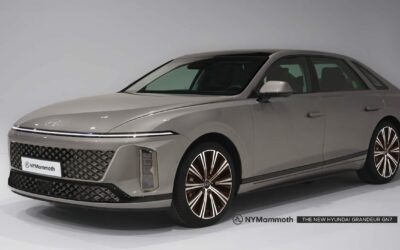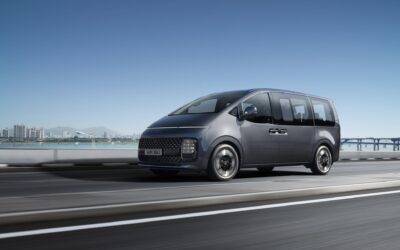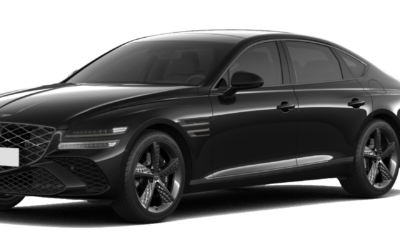Hyundai and Kia share of the U.S. electric vehicle (EV) market reached a record high through May this year, accounting for nearly 40 percent of all eco-friendly vehicles sold in the United States during the same period.
Record-Breaking Sales Performance
According to the Korea Automobile & Mobility Association (KAMA), Hyundai and Kia electric vehicles accounted for 48,383 units, or 11.2 percent of the 437,246 electric passenger cars sold in the United States from January to May 2024. This marks the highest number and share of Hyundai’s and Kia’s U.S. EV sales statistics for this period in any year.
Steady Market Growth Over the Years
Hyundai’s and Kia’s combined share of the U.S. EV market has been steadily increasing over the past five years. The growth trajectory is as follows:
• 2020: 3.2 percent (2,344 units)
• 2021: 3.4 percent (5,974 units)
• 2022: 10.6 percent (27,388 units)
• 2023: 6.8 percent (29,622 units) due to an inability to keep up with the rapid growth of the U.S. EV market.
• 2024: Despite a slowdown in the U.S. EV market’s growth, Hyundai and Kia have increased their EV sales.
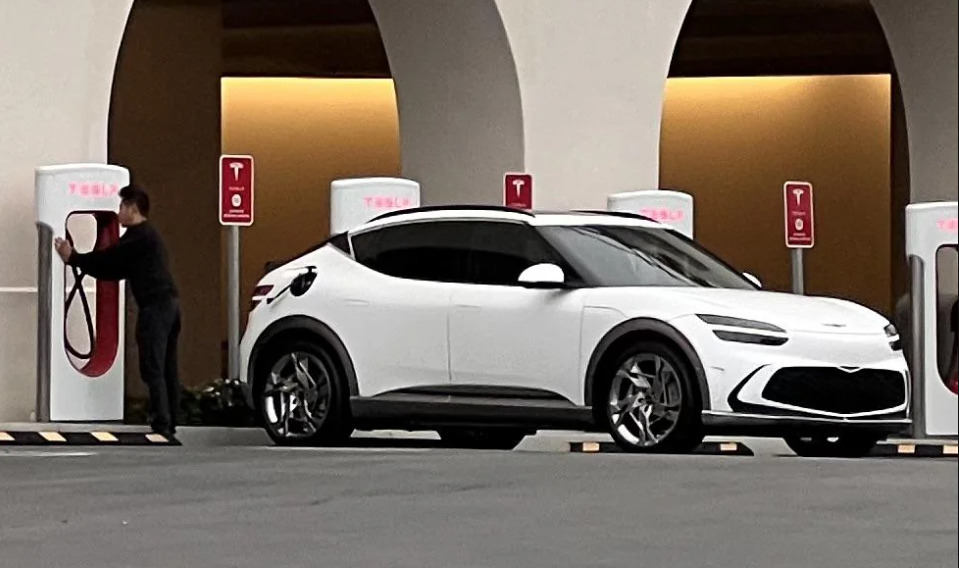
Closing the Gap with Tesla
The gap between Hyundai and Kia and Tesla, the leading EV maker in the U.S. market, has narrowed by about 33 percentage points over the past five years. Here’s how the gap has changed year over year during the January to May periods:
• 2020: 73.2 percentage points
• 2021: 65.4 percentage points
• 2022: 55.5 percentage points
• 2023: 52.9 percentage points
• 2024: 40.5 percentage points
Expansion in Eco-Friendly Vehicle Portfolio
Electric vehicles are becoming a significant part of Hyundai Motor Group’s eco-friendly vehicle portfolio. Hyundai Motor Group, the parent company of Hyundai and Kia, saw nearly 40 percent of its total eco-friendly vehicle sales in the U.S. come from EVs (122,562 units) from January to May. The share of EVs in their eco-friendly vehicle sales has steadily climbed from:
• 2020: 17.2 percent
• 2021: 21.6 percent
• 2022: 37 percent
• 2023: 27.6 percent
• 2024: 39.9 percent
Contributing Factors to Success
Hyundai’s and Kia’s strong performance in the U.S. EV market can be attributed to incentive programs and the launch of new EV models. Notably, the Kia EV9, launched late last year, sold 7,766 units from January to May this year, significantly boosting Hyundai Motor Group’s EV sales in the United States.
Conclusion
Hyundai and Kia’s impressive growth in the U.S. electric vehicle market showcases their successful strategy and commitment to expanding their eco-friendly vehicle lineup. As they continue to innovate and introduce new models, their market share is expected to grow further, narrowing the gap with industry leaders like Tesla.

